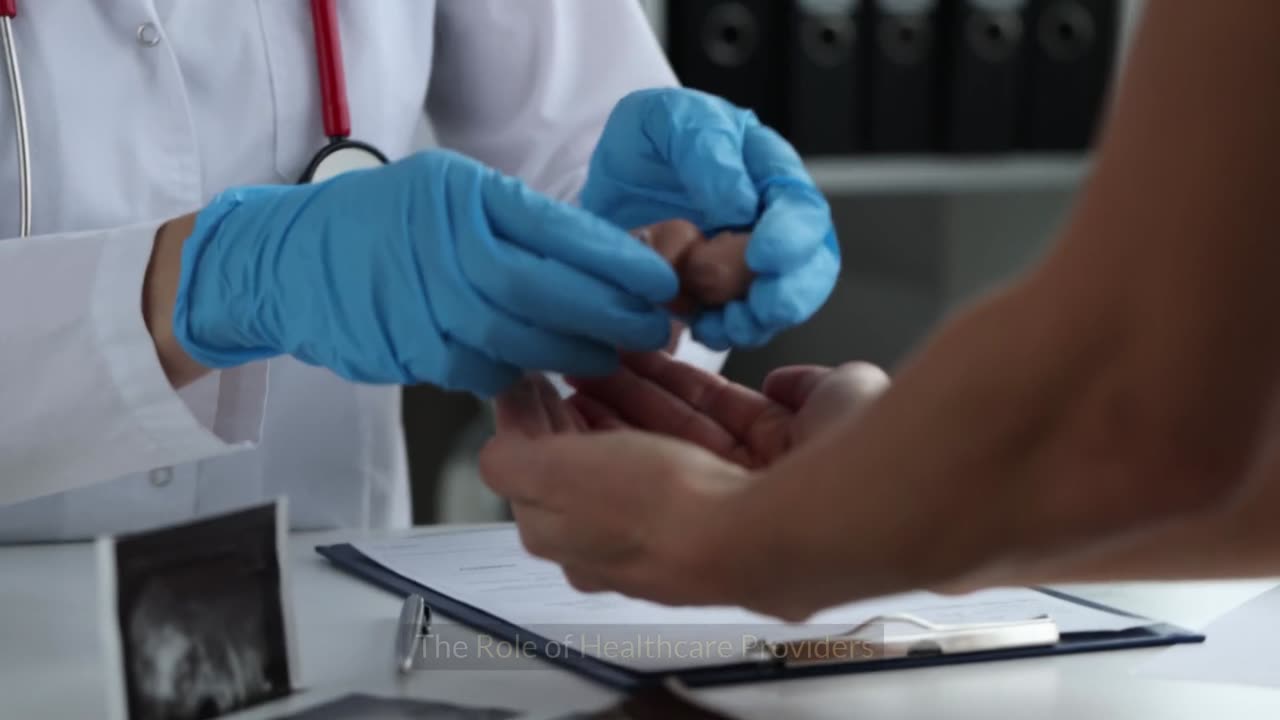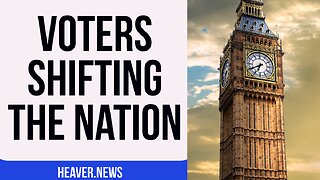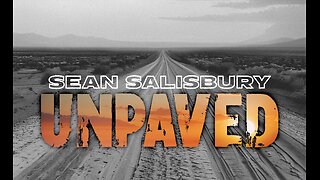Premium Only Content

Louisiana's Bold Move: Abortion Pills as Controlled Substances
## A Controversial Turn in the Abortion Debate
In a bold and unprecedented move, Louisiana is poised to become the first state in the US to classify two widely used abortion pills, mifepristone and misoprostol, as controlled dangerous substances. This landmark decision has sparked intense debate and could pave the way for other states to impose similar restrictions. What are the implications of this designation, and how might it reshape the landscape of abortion access in America?
## The Legislative Journey: From Miscarriage Treatment to Controlled Substance
### The Origins of the Bill
The journey of the Louisiana bill began with a seemingly straightforward intention: to criminalize the act of giving abortion pills to a woman without her knowledge. However, the bill underwent significant changes during its passage through the state legislature, ultimately incorporating a provision to designate mifepristone and misoprostol as controlled dangerous substances. This unexpected shift has raised eyebrows and concerns among various stakeholders, including medical professionals and abortion rights advocates.
### The Mechanics of the Pills
Mifepristone and misoprostol have been approved by the FDA since 2000 for use up to 10 weeks of pregnancy. The two-drug regimen is highly effective, with mifepristone blocking the hormone progesterone needed to sustain pregnancy and misoprostol inducing uterine contractions to expel the pregnancy. Beyond their use in abortions, these medications also play critical roles in managing miscarriages and treating other medical conditions, such as stomach ulcers and postpartum hemorrhaging.
## Medical Implications: Beyond Abortion
### Critical Uses Outside Abortion
While the focus of the legislation is on their role in abortion, mifepristone and misoprostol are invaluable in other medical contexts. Misoprostol, for instance, has been prescribed for decades to treat stomach ulcers and is crucial in preventing severe bleeding after childbirth. Restricting access to these medications could inadvertently harm patients who rely on them for these legitimate medical purposes, sparking concern among healthcare providers.
### Voices from the Medical Community
Many doctors and medical organizations have voiced strong opposition to the bill. They argue that classifying these drugs as controlled substances could lead to significant barriers for patients in need of these medications for non-abortion-related conditions. The potential criminalization of possession without a prescription adds another layer of complexity and fear for both patients and providers.
## Legal and Social Repercussions
### The Legal Landscape
Should the bill become law, possessing mifepristone or misoprostol without a valid prescription could result in severe penalties, including hefty fines and jail time. This development marks a significant escalation in the regulation of abortion-related medications and raises questions about the enforcement of such laws. The legal community is watching closely, anticipating a wave of challenges and potential cases testing the limits of state authority over reproductive health.
### National Implications
Abortion rights advocates fear that Louisiana's move could inspire other states to follow suit, creating a patchwork of restrictive laws across the country. This potential domino effect could severely restrict access to the most common method of abortion in the US, disproportionately impacting marginalized communities who already face barriers to healthcare. The broader implications for reproductive rights and access to medical care are profound, potentially setting a new precedent for state-level control over reproductive health.
## Political and Public Reaction
### Political Divides
The bill has garnered praise from anti-abortion groups who see it as a necessary step to protect unborn lives. However, it has also drawn sharp criticism from pro-choice advocates and political leaders. Vice-President Kamala Harris condemned the bill as "unconscionable," highlighting the influence of recent Supreme Court appointments in shaping the current judicial landscape. The debate has underscored the deep political divides surrounding abortion in America.
### The Role of the Supreme Court
The US Supreme Court's upcoming ruling on national access to mifepristone adds another layer of uncertainty. This case, the most significant abortion-related case since the overturning of Roe v. Wade, could have far-reaching consequences for reproductive rights across the nation. The Court's decision will likely influence state legislatures and shape the future of abortion access in the US.
## The Path Forward: Uncertainty and Advocacy
### Navigating Uncertainty
As Louisiana moves closer to enacting this legislation, uncertainty looms over its implementation and impact. Medical professionals, legal experts, and advocates are bracing for a new landscape in reproductive health. The need for clear guidelines and protections for both patients and providers is paramount to navigating this complex terrain.
### Advocacy and Resistance
Abortion rights advocates are mobilizing to resist these new restrictions, emphasizing the importance of safe and accessible reproductive healthcare. The fight for abortion rights is far from over, and the designation of mifepristone and misoprostol as controlled substances marks a new chapter in this ongoing battle. Advocacy efforts will be crucial in ensuring that women's health and autonomy are protected in the face of increasing legislative challenges.
## Conclusion: The Ripple Effects of Louisiana's Decision
Louisiana's decision to designate abortion pills as controlled substances represents a significant shift in the state's approach to reproductive health. This move has the potential to reshape the landscape of abortion access, with profound implications for patients, healthcare providers, and the broader legal and social context. As the nation watches closely, the unfolding events in Louisiana could set the stage for future battles over reproductive rights and access to healthcare. The outcome of this legislative experiment will undoubtedly ripple across the country, influencing the lives of countless individuals and the future of reproductive health in America.
-
 LIVE
LIVE
The Jimmy Dore Show
1 hour agoTrump & Newsom Trade Barbs Over HAND SIZE! Cracker Barrel CAVES to Public Pressure!
2,603 watching -
 LIVE
LIVE
Darkhorse Podcast
1 hour agoThe 291st Evolutionary Lens with Bret Weinstein and Heather Heying
286 watching -
 LIVE
LIVE
StoneMountain64
2 hours agoHUNTING FOR THE FIRST WIN BACK ON WARZONE
237 watching -
 LIVE
LIVE
Jeff Ahern
34 minutes agoNever woke Wednesday with Jeff Ahern
98 watching -
 4:38
4:38
Michael Heaver
4 hours agoBetrayed UK Reaches CRITICAL Moment
481 -
 39:13
39:13
SGT Report
16 hours agoAMERICA'S ZIMBABWE FUTURE -- Guy Gotslak
22.5K24 -
 1:13:02
1:13:02
Simply Bitcoin
4 hours ago $3.21 earnedINSIDER CONFIRMS 1M Bitcoin Buy INCOMING!! | EP 1319
33.9K -
 1:03:00
1:03:00
Sean Unpaved
3 hours agoCFB Deep Dive: Matt Moscona's Expert Takes on the Gridiron
27.9K -
 27:39
27:39
Crypto.com
1 day ago2025 Live AMA with Kris Marszalek, Co-Founder & CEO of Crypto.com
99.6K6 -
 LIVE
LIVE
SternAmerican
23 hours agoElection Integrity Call – Wed, Aug 27 · 2 PM EST | Featuring Arizona
267 watching